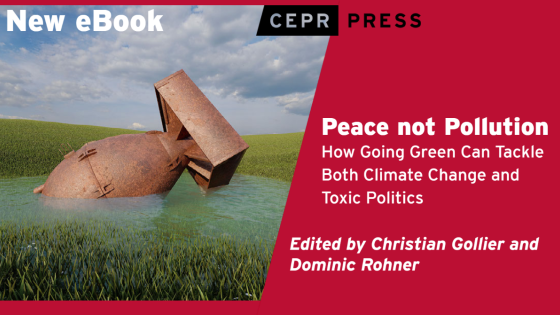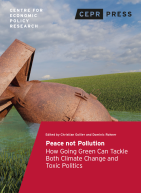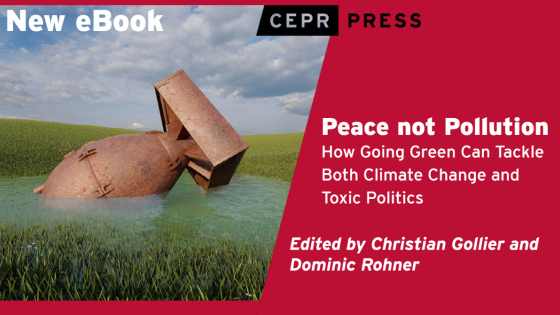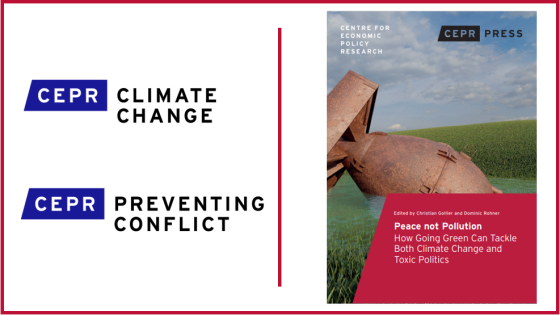The eBook delves into the disconnect between widespread concern over climate change and the resistance encountered when implementing green policies. Factors such as the 'not in my backyard' attitude, unrealistic expectations of a sacrifice-free transition, and free-rider incentives play a significant role in shaping this resistance. The eBook emphasises the importance of effectively communicating green policies while considering potential adverse distributional consequences. Failure to address this could lead to misconceptions about fairness, which may be exploited by populist politicians. The recent invasion of Ukraine has further highlighted the risks inherent in fossil fuel dependency and the intricate connection between energy and conflict. This serves as a sobering reminder of the urgent need to act and transition to sustainable energy sources.
Key chapters in the eBook discuss strategies to curb harmful energy consumption and production, including the implementation of green taxes, carbon pricing, and the reduction of fossil fuel subsidies. The authors emphasise the importance of redistributive and progressive policies to minimise potential inequalities. Moreover, the eBook highlights the significance of decarbonisation policies working in tandem with renewable energy promotion, facilitating the greening of the electricity market. Coordinated efforts between environmental regulations and market design can alleviate concerns about affordability and sustainability.
The eBook also explores the broader macroeconomic dimensions of the green transition, questioning the short-term economic impact of 'green growth' and advocating for structural reforms to mitigate adjustment costs. Additionally, the securement of adequate financing is recognised as a novel challenge, as market dynamics play a crucial role in shaping the adoption and growth of renewable energy sources.
Furthermore, the eBook sheds light on the often-overlooked political consequences of fossil fuel dependence, including corruption and conflicts. Transitioning away from these fuels presents an opportunity to create a safer and better-governed world. However, it highlights the challenge of avoiding negative impacts associated with the extraction of alternative minerals.
"This eBook provides a clear and balanced overview of what it might take to achieve an equitable and sustainable green energy transition…It emphasises the crucial role of reducing energy consumption in ensuring future peace."
While acknowledging the many obstacles ahead, policymakers can draw on the insights and strategies within this eBook to tackle both climate change and toxic politics head-on.



